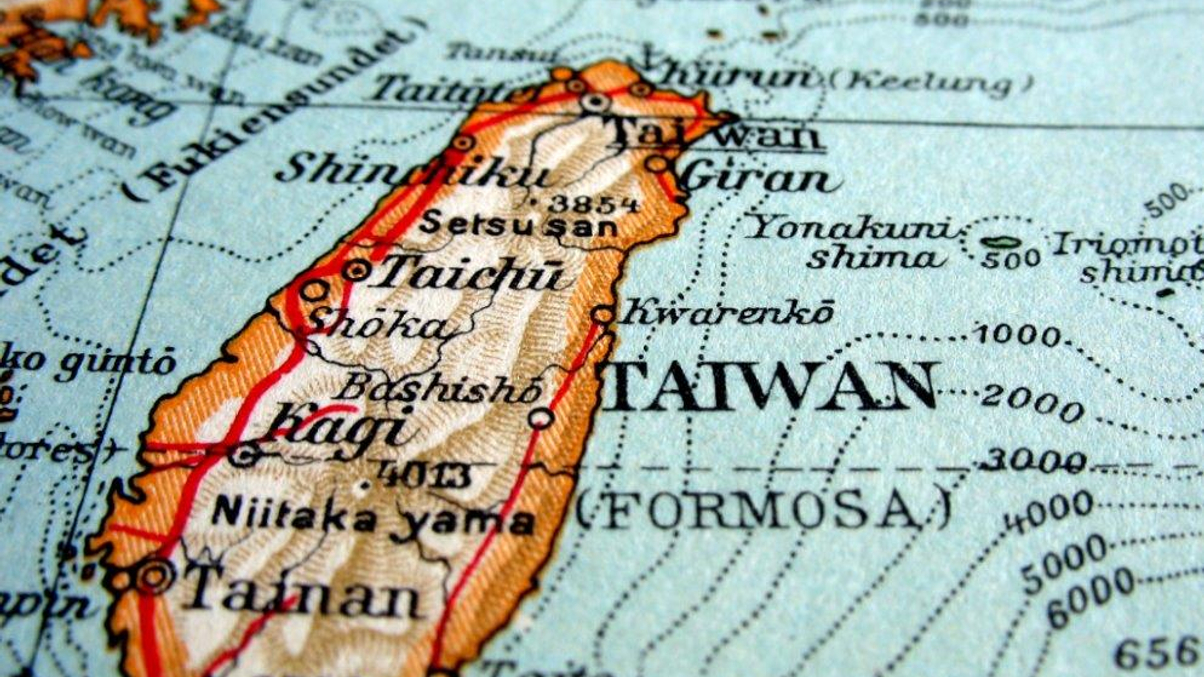Credit pressures highlighted for Taiwanese insurers
A shift towards riskier assets, increased competition and weak profitability spells danger for the industry's near-term outlook, fears Moody's Investors Service

Taiwan’s insurance industry will face increasing credit pressure over the next year-and-a-half because of a shift towards riskier assets, increasing competition and weak profitability, says Moody’s Investors Service.
Sign in to read on!
Registered users get 2 free articles in 30 days.
Subscribers have full unlimited access to AsianInvestor
Not signed up? New users get 2 free articles per month, plus a 7-day unlimited free trial.
¬ Haymarket Media Limited. All rights reserved.


